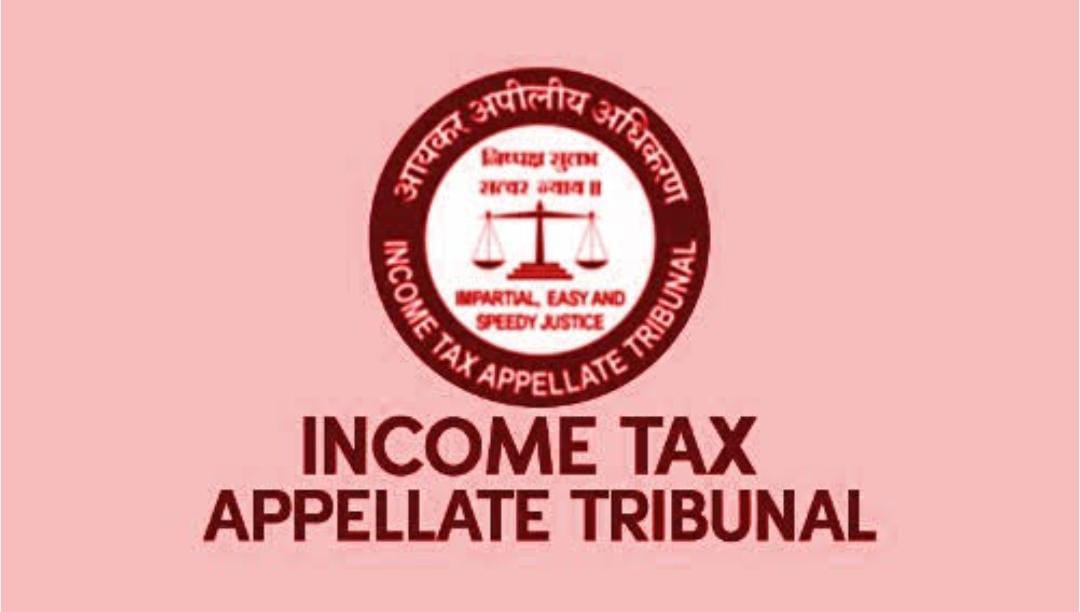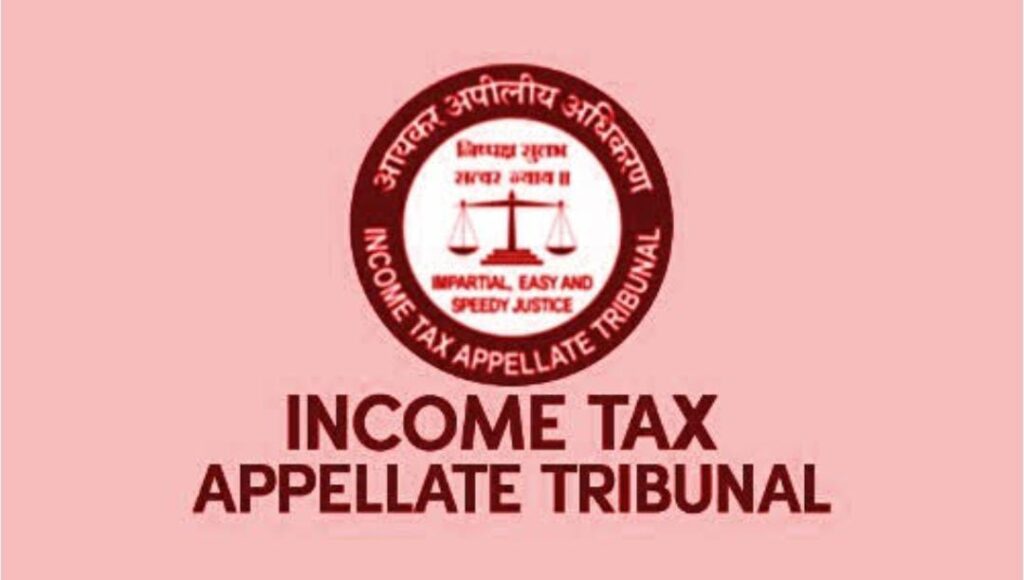
ITAT Ruling: Date of House Possession Crucial for Section 54 Tax Benefit – Key Details You Should Know
By: Admin
May 25, 2024
Categories: ITAT|News
4 Min Read

According to this clause, a new house must be purchased within one year before or two years after the sale of the old house. Alternatively, a new residential property can be constructed within three years from the date of sale of the original property. In a particular case involving a non-resident couple for the financial year 2010-11, the Income Tax (I-T) officer disallowed the exemption and calculated each individual’s taxable income to be approximately Rs 36 lakh. Penalties were also imposed on the couple as the I-T officer viewed their claim for an incorrect deduction as ‘concealment of income’ or ‘furnishing of inaccurate particulars of income.’
The non-resident couple sold their old house on February 10, 2011, allowing for the new house to be purchased between February 11, 2010 (one year prior) and February 9, 2013 (two years after). However, the I-T officer denied the tax benefit because the agreement with the builder for the new house was made on July 25, 2009. The taxpayers appealed, and the ITAT ruled in their favor, explaining that the right to purchase was acquired by entering into the agreement, and the date of possession (February 2, 2011) should be considered for the tax benefit, falling within the prescribed period.
Section 54 Tax Benefit
Under the Income-tax Act, 1961, individuals can avail tax benefits on Long-Term Capital Gains (LTCG) by investing in specified instruments as per the guidelines in sections 54 to 54GB of the Act, based on their applicability.
To save tax on Long-Term Capital Gains (LTCG) under section 54 of the Income Tax Act, an individual must invest in a residential house. The LTCG must be generated from the sale of a residential house to be eligible for this tax-saving benefit. Tax on LTCG under section 54 can be avoided if the individual purchases a new residential house within two years after the sale or one year before the sale of the asset, or constructs a new house within three years from the date of the sale.
Section 54 allows an individual or Hindu Undivided Family (HUF) to claim exemption on long-term capital gains from selling a residential house property if the gains are reinvested in acquiring (purchasing or constructing) another residential property. Certain conditions must be satisfied to claim this tax benefit. The new residential house property should be purchased either one year before the sale of the old house or two years after the sale. For constructing a new house, the construction must be completed within three years of the date of sale.
Section 54 of the Income Tax Act provides an opportunity for individuals or HUFs to claim an exemption on long-term capital gains from selling a residential house property, provided the gains are reinvested in acquiring (purchasing or constructing) another residential property. To claim this tax benefit, the new residential house property must be purchased either one year before the sale of the old house or two years after the sale. In the case of constructing a new house, the construction must be completed within three years of the sale date.
The Mumbai bench of the Income-tax Appellate Tribunal (ITAT) recently ruled that the date of possession should be considered when determining eligibility for a tax benefit under section 54 of the Income-tax (I-T) Act for an under-construction property, as reported by the Times of India. This ruling is significant because it affects the tax benefits available when investing in a new house within a specified period, reducing the tax on the profit from selling an old house and lowering overall tax liability.
According to this clause, a new house must be purchased within one year before or two years after the sale of the old house. Alternatively, a new residential property can be constructed within three years from the date of sale of the original property. In a particular case involving a non-resident couple for the financial year 2010-11, the Income Tax (I-T) officer disallowed the exemption and calculated each individual’s taxable income to be approximately Rs 36 lakh. Penalties were also imposed on the couple as the I-T officer viewed their claim for an incorrect deduction as ‘concealment of income’ or ‘furnishing of inaccurate particulars of income.’
The non-resident couple sold their old house on February 10, 2011, allowing for the new house to be purchased between February 11, 2010 (one year prior) and February 9, 2013 (two years after). However, the I-T officer denied the tax benefit because the agreement with the builder for the new house was made on July 25, 2009. The taxpayers appealed, and the ITAT ruled in their favor, explaining that the right to purchase was acquired by entering into the agreement, and the date of possession (February 2, 2011) should be considered for the tax benefit, falling within the prescribed period.
Section 54 Tax Benefit
Under the Income-tax Act, 1961, individuals can avail tax benefits on Long-Term Capital Gains (LTCG) by investing in specified instruments as per the guidelines in sections 54 to 54GB of the Act, based on their applicability.
To save tax on Long-Term Capital Gains (LTCG) under section 54 of the Income Tax Act, an individual must invest in a residential house. The LTCG must be generated from the sale of a residential house to be eligible for this tax-saving benefit. Tax on LTCG under section 54 can be avoided if the individual purchases a new residential house within two years after the sale or one year before the sale of the asset, or constructs a new house within three years from the date of the sale.
Section 54 allows an individual or Hindu Undivided Family (HUF) to claim exemption on long-term capital gains from selling a residential house property if the gains are reinvested in acquiring (purchasing or constructing) another residential property. Certain conditions must be satisfied to claim this tax benefit. The new residential house property should be purchased either one year before the sale of the old house or two years after the sale. For constructing a new house, the construction must be completed within three years of the date of sale.
Section 54 of the Income Tax Act provides an opportunity for individuals or HUFs to claim an exemption on long-term capital gains from selling a residential house property, provided the gains are reinvested in acquiring (purchasing or constructing) another residential property. To claim this tax benefit, the new residential house property must be purchased either one year before the sale of the old house or two years after the sale. In the case of constructing a new house, the construction must be completed within three years of the sale date.